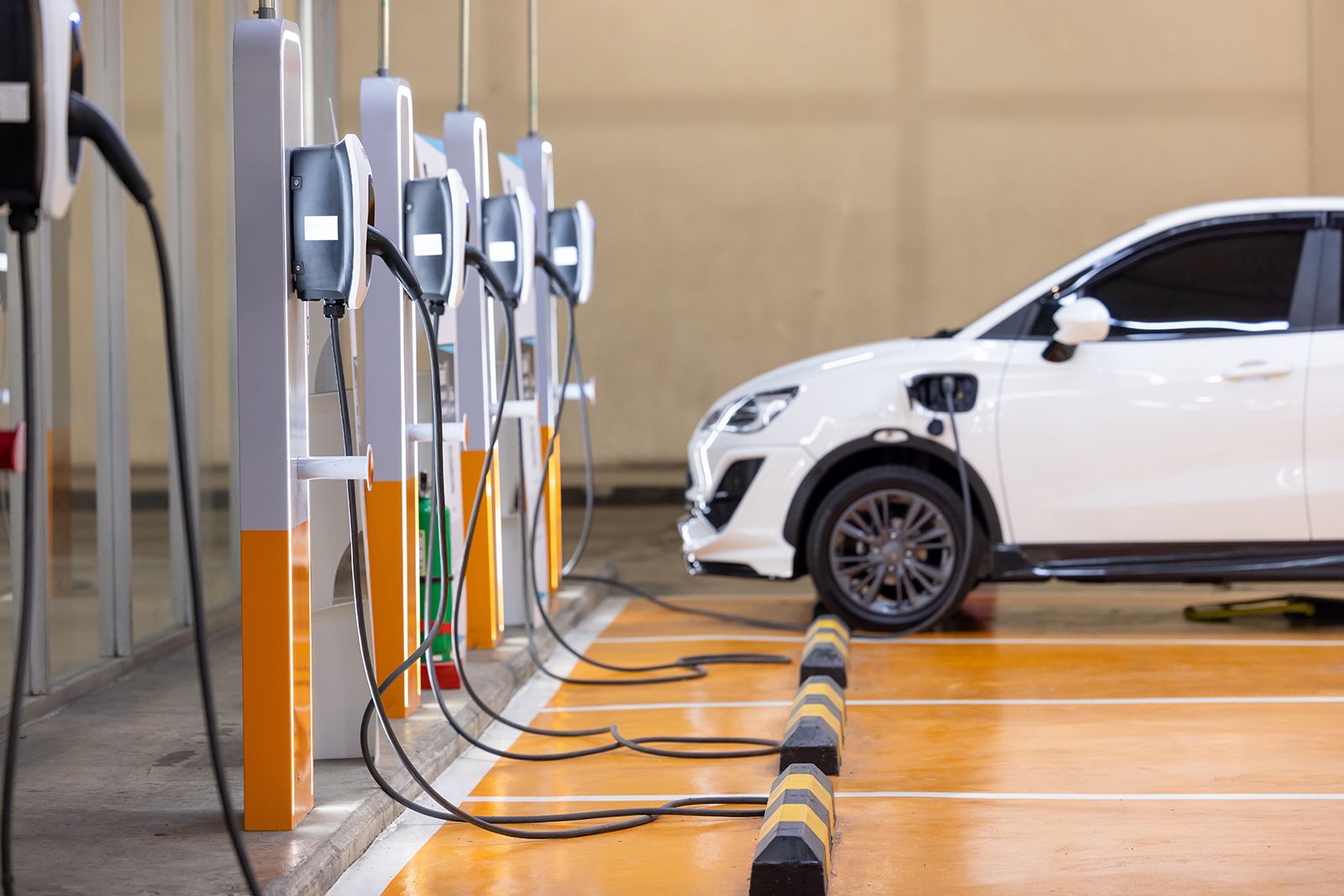India's Electric Vehicle Era: Can It Overcome the Major Hurdle of Talent Shortage? ⚡️
Isn't it fascinating to hear that India has set an ambitious goal of 30% EV penetration by 2030? 🤩 However, it seems there's a significant challenge that must be overcome to achieve this goal: the 'talent shortage.' Reading articles that highlight the urgent need for training experts and technicians for everything from charging infrastructure development to after-sales service, I was quite surprised. Can India truly turn this crisis into an opportunity?

Hello everyone! Today, I'd like to share some interesting news with you. In particular, the news that India's electric vehicle (EV) industry is growing rapidly, yet facing an unexpected major challenge of a 'talent shortage,' has really caught my attention. 🚗💨
India's Ambitious EV Goals and Realistic Challenges
Found this article helpful?
Never miss insights like this - delivered every morning
The Indian government has set a very challenging goal of achieving 30% of its total vehicle sales to be electric vehicles by 2030. What a remarkable aspiration! However, to achieve this goal, there is a critical challenge that needs to be addressed: securing a sufficient pool of skilled personnel in this field.
The Society of Indian Automobile Manufacturers has predicted that achieving this 30% target will require a workforce of 100,000 to 200,000 skilled professionals. This number naturally includes engineers, scientists, and specialized technicians. 🔧💡
'Skilled Workforce Shortage' Threatens the Charging Ecosystem
However, analyses suggest that the availability of a skilled workforce in the current EV charging ecosystem feels like an obstacle on the road. According to a recent white paper jointly published by Mercedes-Benz Research & Development India and The Energy and Resources Institute, there is a severe shortage of skilled service technicians who can build charging infrastructure and quickly resolve software-related issues. 😥
This white paper also emphasizes that the industry needs to increase EV-related workforce recruitment from 15,000 to 30,000 annually. This means that it is urgent to train technical personnel not just for increasing vehicle production, but also for the charging systems that support those vehicles. 📈
Various State Government EV Policies and the Need for Talent Development
Interestingly, the white paper also mentions that several Indian state governments are formulating their own EV adoption policies. This indicates that region-specific strategies are necessary to achieve the nationwide goal. However, for these policies to be successfully implemented, 'people' will ultimately be the most crucial factor.
What Can We Learn from This?
India's situation offers important implications for other countries as well. The transition to electric vehicles is not just a transformation of the automotive manufacturing industry. It signifies that new jobs and expertise are required across the entire ecosystem, including infrastructure development, maintenance, and related technology development. 🌎
How will this 'talent shortage' problem be resolved? Beyond simply improving the education system, active investment at the corporate level and government support seem desperately needed. What are your thoughts on India's movements? If you know anyone learning or working in EV-related fields, I'd be curious to hear their stories! 🤔
The opening of India's electric vehicle era may just be a matter of time. However, for the path to be smooth, it seems we all need to pay attention to this crucial task of 'talent development.' Let's watch together to see what amazing changes will unfold in India! 😊